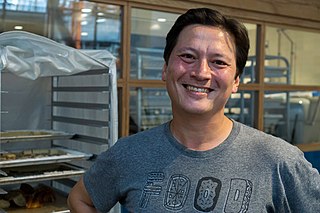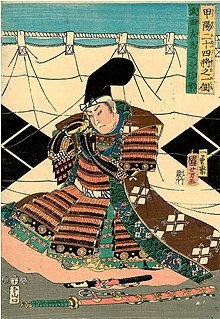Top 81 Lao Tzu Quotes & Sayings - Page 2
Explore popular Lao Tzu quotes.
Last updated on November 6, 2024.
Poem for Liu Ya-tzu I cannot forget how in Canton we drank tea and in Chungking went over our poems when leaves were yellowing. Thirty-one years ago and now we come back at last to the ancient capital Peking. In this season of falling flowers I read your beautiful poems. Be careful not to be torn inside. Open your vision to the world. Don't say that waters of Kumming Lake are too shallow. We can watch fish better here than in the Fuchun River in the south.
The Chinese philosopher Chuang-Tzu stated that true empathy requires listening with the whole being: The hearing that is only in the ears is one thing. The hearing of the understanding is another. But the hearing of the spirit is not limited to any one faculty, to the ear, or to the mind. Hence it demands the emptiness of all the faculties. And when the faculties are empty, then the whole being listens. There is then a direct grasp of what is right there before you that can never be heard with the ear or understood with the mind.
Chaung Tzu was one of the most natural men the world has seen. He has not given any discipline, he has not given any doctrine, he has not given any catechism. He has simply explained one thing: that if you can be natural and ordinary, just like the birds and trees, you will blossom, you will have your wings open in the vast sky.
It's as if, for Schopenhauer and perhaps Kant, the mind is there up and running, equipped with its categories and concepts that it then projects or smears, as it were, over what impinges upon it from the outside. This is not the image you find in, for example, Chuang Tzu: minds and nature are inseparably fused in an ever-changing whole of experience that, so to speak, constantly wells up from an indescribable source in a process that Daoists call 'the way' or 'the course'.
Fear comes from uncertainty; we can eliminate the fear within us when we know ourselves better. As the great Sun Tzu said: “When you know yourself and your opponent, you will win every time. When you know yourself but not your opponent, you will win one and lose one. However, when you do not know yourself or your opponent, you will be imperiled every time.
There were various aspects of Sun Tzu's approach that appealed to Ho Chi Minh: a) to learn to understand both the enemy and yourself, to seek out his weaknesses and your own strengths, and act accordingly, b) to make ample use of subterfuge and stratagem in order to defeat or disarm your adversary, and c) to use outright violence only when absolutely necessary in the belief that political struggle was more effective than military struggle.
The ten days we passed there [at Ta Chêng Tzu], we were the song of the drunkard and the jest of the abjects; but the peace of God passes all understanding, and that kept my heart and mind. We put a calm front on, put out our stand daily, and carried ourselves as if nothing had happened. The great thought of my mind in these days, - and the great object of my life, - is to be like Christ. As He was in the world, so we are to be. He was in the world to manifest God; we are in the world to manifest Christ.














